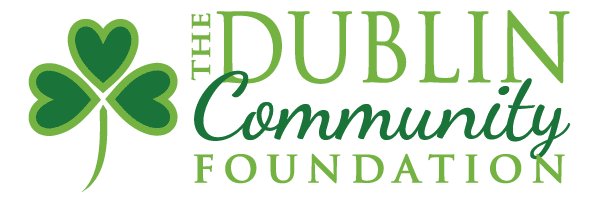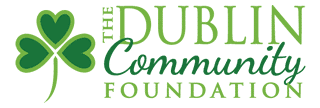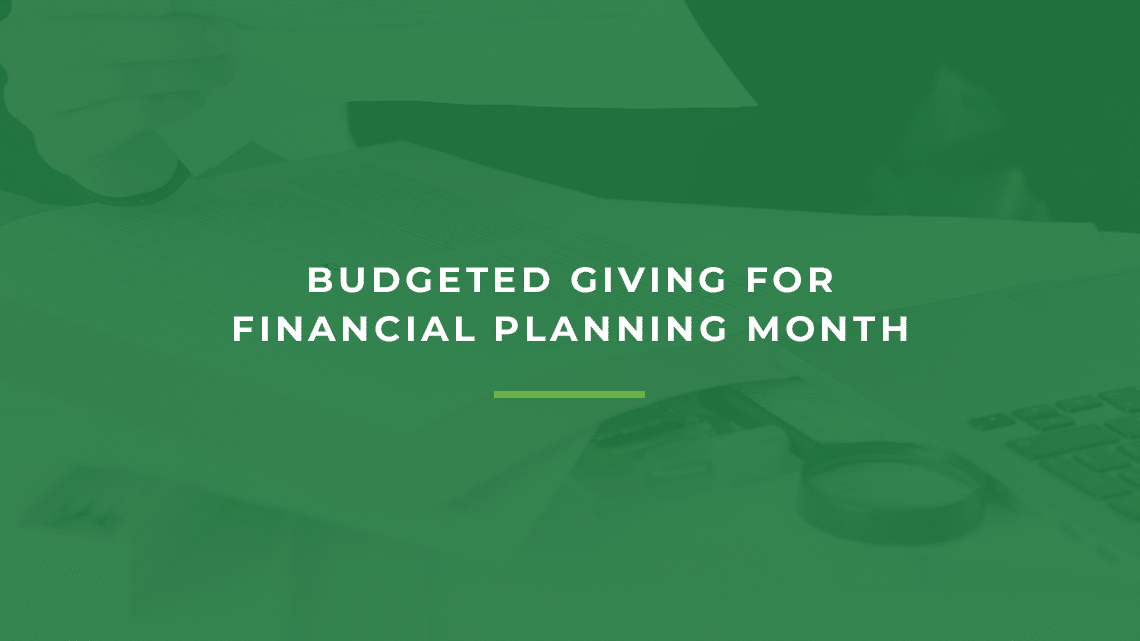A well-planned strategy for giving back to causes that are important to you — whether through charitable giving, cash, non-cash charitable donations or volunteering — can provide a range of benefits, from reduced taxes to a sense of personal fulfillment and a meaningful legacy. But how you are making donations, and what you are donating, can have implications on your personal finances.
Here are a few ways that you may want to consider incorporating your charitable giving goals in your financial planning.
Combine contributions
If you find yourself donating smaller amounts throughout the year to a wide range of organizations, you may want to consider making one large contribution to the nonprofit of your choice. Doing so can help you to have a more significant impact on the mission of an organization and allow you to reap financial and personal benefits, as well.
While the benefits of charitable giving certainly include a sense of pride in making an impact, they can also include getting a seat at the table. By making a single, larger donation, you may be considered a significant donor to the organization of your choice, which can open up opportunities to serve on a committee or the board, attend special events, and have a bigger voice to impact change.
Consider tax implications
Taxes are a real factor in our financial lives, so it is a good idea to consider how your charitable giving can help to alleviate some of your tax burden while making a positive impact on your community. Be opportunistic about the timing of your gifts. You may face years when your tax bill is larger than normal due to a capital gain from the sale of investments or a home or as the result of a large bonus or severance package. Take that opportunity to make a gift. It will not negate the tax you owe, but it can soften the blow.
It is best to work with a professional to determine how you claim a federal income tax deduction for your donations. Keep in mind, to claim a federal tax deduction for your donations, you’ll generally need to itemize your deductions, so keep your receipts organized (or see above about why making one large donation may be a good idea). An important note, your total itemized deductions must be higher than the standard deduction for that tax year in order for your tax burden to be lowered.
Make non-cash donations
While a cash donation may be the most straightforward way to give back, there are other options to consider:
- A charitable gift annuity is essentially a contract that provides you a fixed income stream for life in exchange for a sizable donation to a charity. You’ll also potentially qualify for a partial charitable tax deduction when you make the initial donation, and the charity will keep any remaining annuity funds upon your death.
- A donor-advised fund allows you to make a significant charitable contribution now, receive an immediate tax deduction, and then specify how the funds are allocated to nonprofits over time.
Plan now to leave a legacy
Planned giving can allow you to develop a charitable giving strategy that maximizes your contributions, provides potential tax benefits, and reflects your values and the legacy you want to leave behind.
- Review your beneficiary designations. Investments like 401(k)’s, IRA’s and life insurance do not pass through your will, but rather go to a named beneficiary. Consider naming your favorite charity as a beneficiary to receive a part of the benefit. How much is up to you – 5%? 25%? Remember you can always change your beneficiary designations as your life situation evolves.
- Set up a trust to benefit charitable or family interests. A charitable trust is a donation that is held and managed by the charity of your choice for a specified period of time, with some or all interest that the assets produce going to the charity. Creating a charitable trust can provide a way for you to achieve your wishes for both your family and the organization or interest that you hold dear.
If giving is important to you, be sure to let your professional advisor know, and remind them yearly so they can help you find the most efficient ways of achieving your goals. And we hope that you will consider joining us in supporting the Dublin giving community so that we can continue the good works happening throughout our community.


